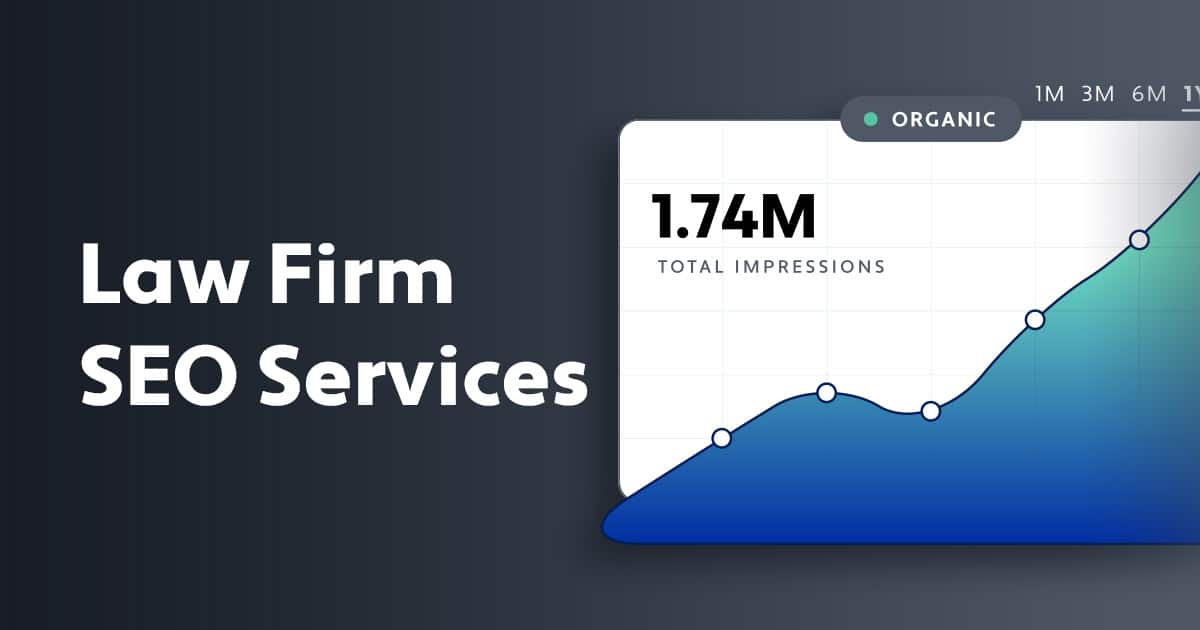Introduction
In the modern era dominated by digital marketing technologies, establishing a prominent online footprint holds immense importance for businesses, including law firms. As the vast majority of individuals now rely on search engines such as Google to locate legal assistance, the adoption of robust search engine optimization tactics has transitioned from being a choice to being an indispensable requirement. This inclusive handbook aims to navigate through the intricacies of law firm SEO, offering insights into tried-and-tested methodologies that can propel you ahead of rivals, draw in prospective clients, and ultimately expand your legal practice.
Table of Contents
- Introduction
- Understanding Law Firm SEO
- Crafting an Effective SEO Strategy
- FAQs
- How long does it take to see results from SEO efforts?
- Is it possible to rank #1 for competitive keywords?
- Should I hire an SEO agency or handle SEO in-house?
- How often should I update my website’s content?
- Are paid advertising and SEO mutually exclusive?
- What metrics should I track to measure SEO success?
- Conclusion
Understanding Law Firm SEO
Law firm SEO involves a range of tactics designed to enhance the online visibility of your website in search engine results pages (SERPs) for pertinent keywords and phrases. Elevating your website’s position can lead to a boost in organic traffic, the establishment of credibility within your legal specialization, and the eventual conversion of website visitors into valuable clients.
Crafting an Effective SEO Strategy
To effectively optimize your law firm’s website for search engines, consider implementing the following strategies:
1. Comprehensive Keyword Research
Prior to implementing marketing strategies, it is imperative to conduct a comprehensive market analysis to pinpoint the key terms and phrases that prospective customers utilize when seeking legal assistance. Emphasize long-tail keywords tailored to your specific areas of expertise, as they typically face less competition and yield superior conversion rates.
2. On-Page Optimization
Enhance the on-page components of your website, such as website design, title tags, meta descriptions, headings, and content, to harmonize with your chosen keywords. Construct a logical structure for your website, facilitating seamless navigation for users and search engine crawlers alike.
3. Local SEO
Enhance your website’s visibility in local searches through effective Local search engine optimization strategies. Take control of and optimize your Google My Business listing, maintain uniformity across various online directories, and actively seek positive reviews from delighted customers.

4. High-Quality Content Creation
Develop compelling and informative content tailored to resonate with your specific audience. Craft engaging posts, articles, success stories, and frequently asked questions (FAQs) to showcase your industry knowledge and offer meaningful insights to prospective customers
5. Mobile Optimization
Given the rising prevalence of searches performed on smartphones and tablets, it is crucial to make certain that your website is not only mobile-friendly but also tailored for optimal performance across various devices, ensuring a smooth and enjoyable user experience.
6. Link Building
Forge valuable connections to secure top-notch backlinks from reputable websites in the legal sector and associated fields. Concentrate on nurturing partnerships with fellow law firms, legal directories, and industry publications to bolster your website’s stature and trustworthiness.
7. Monitoring and Analysis
To ensure optimal performance of your website, it’s essential to conduct consistent monitoring and analysis. Utilize tools such as Google Analytics and Google Search Console to track various metrics including organic traffic, keyword rankings, and conversion rates. By analyzing these key indicators, you can pinpoint areas that require enhancement and adjust your search engine optimization strategy accordingly.

FAQs
How long does it take to see results from SEO efforts?
Search engine optimization is a long-term investment, and the timeline for seeing results can vary depending on various factors such as the competitiveness of your target keywords, the quality of your content, and the effectiveness of your optimization efforts. Generally, significant improvements can be observed within 3 to 6 months, with continued growth over time.
Is it possible to rank #1 for competitive keywords?
Ranking #1 for highly competitive keywords in the legal industry can be challenging but not impossible. It requires a comprehensive search engine optimization strategy, consistent effort, and patience. Focus on targeting long-tail keywords, creating high-quality content, and building authoritative backlinks to improve your chances of ranking higher in SERPs.
Should I hire an SEO agency or handle SEO in-house?
The decision to hire an SEO agency or manage SEO in-house depends on various factors, including your budget, expertise, and time availability. While hiring an expert SEO can provide expertise and save time, managing SEO in-house allows for greater control and customization. Evaluate your needs and resources to determine the best approach for your law firm.
How often should I update my website’s content?
Regularly updating your website’s content is essential for maintaining relevance and engaging both users and search engines. Aim to publish new content consistently, whether it’s in the form of blog posts, articles, case studies, or FAQs. Additionally, revisit and update existing content to reflect any changes in laws, regulations, or industry trends.
Are paid advertising and SEO mutually exclusive?
Paid advertising and SEO are complementary strategies that can work together to maximize your law firm’s online visibility and reach. While paid advertising provides immediate visibility through platforms like pay-per-click advertising, SEO focuses on organic, sustainable growth over time. By incorporating both approaches into your marketing strategy, you can achieve optimal results and attract a diverse range of potential clients.
What metrics should I track to measure SEO success?
When measuring the success of your SEO efforts, focus on key performance indicators (KPIs) such as organic traffic, keyword rankings, conversion rates, and return on investment (ROI). Track changes in these metrics over time to gauge the effectiveness of your SEO strategy and identify areas for improvement.
Conclusion
In conclusion, law firm SEO is a powerful tool for enhancing your online presence, attracting qualified leads, and growing your practice. By implementing strategic SEO techniques such as comprehensive keyword research, on-page optimization, high-quality content creation, and local SEO, you can position your firm for success in the digital age. Stay proactive, stay informed, and watch your firm soar to new heights in search engine rankings and client acquisition.




